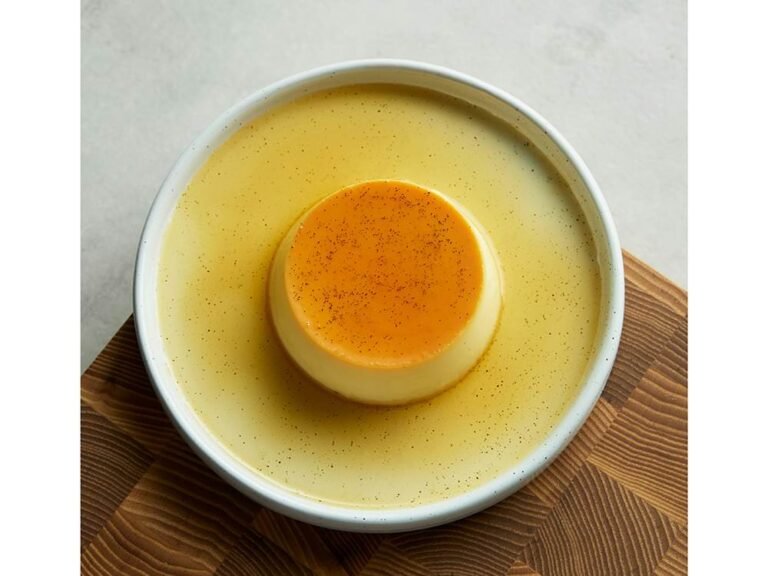avoir
The second most frequently used verb in French is “avoir,” which means “to have.” It can also be used to talk about how old someone is. “Avoir” is an essential verb to know. “Avoir” is also used to express age. For instance:

The second most frequently used verb in French is “avoir,” which means “to have.” It can also be used to talk about how old someone is. “Avoir” is an essential verb to know. “Avoir” is also used to express age. For instance:

The French verb “être” is the equivalent of the English verb “to be.” It’s the most frequently used verb in the whole French language. It’s an irregular verb, which means that is doesn’t follow regular conjugation patterns. This is the present tense of être: The verb être is used to express identity, nationality, and describing…

“Il vaut mieux que” means “It is better that.” It is derived from the phrase “il vaut mieux,” meaning “it is better.” The phrase it is derived from, “il vaut mieux,” is used in a general way to say that “it is better that something be done.” But “il vaut mieux” does not specify who…

The phrase “il vaut mieux” can be translated as “it is better” or “it is preferable.” It is employed to express a preference or recommendation, suggesting that one option is superior or more desirable than another. It uses an impersonal construction of the verb “valoir,” which means “to be worth.” An impersonal construction means that…

The French verb “guérir” means “to heal,” “to cure,” “to recover” or “to cure oneself.” It can be used in three different ways: transitively, intransitively and reflexively. Let’s see what that means below. Transitive Used transitively, “guérir” means “to cure” someone of something. Transitive means that the verb “guérir” will have a direct object, which…

French words that end in the letters “al” can be a trap for learners. That’s because in the plural, they change their spelling to “aux.” The classic example is “un cheval,” which in the plural becomes “des chevaux.” But this applies to every single noun and adjective ending in the letters “al.” Nouns are relatively…

The French verb “marcher” has a variety of meanings, including “to walk,” “to function,” “to work,” “to tread,” “to go,” “to go for it,” and even “to fall for it.” To walk To tread To go To work, to function To go for it To fall for it Expressions

Colours in French are adjectives. They are placed after the noun they describe. So a blue sky is “un ciel bleu.” They must also agree in number and gender with the noun they describe. So “purple flowers” would be “des fleurs violettes.” Colour Masculine Feminine black noir noire white blanc blanche red rouge rouge blue…

The French verbs “alentir” and “ralentir” are related to the adjective “lent,” which means “slow.” The two verbs both mean “to slow down.” “Alentir” is only used in literature (or in Québec) these days, while “ralentir” is in common usage. Meanings and Usage: Conjugation in the Present Tense: Conjugation in the Passé Composé: Etymology: Both…

The French phrase “le long de” means “along” in English. It is a preposition. However, there are other ways of translating “along,” depending on the exact meaning of the English term. Related words Etymology “Le long de” comes from the French word “long,” which in turn comes from the Latin word “longus,” meaning “far, extended, remote, distant,…